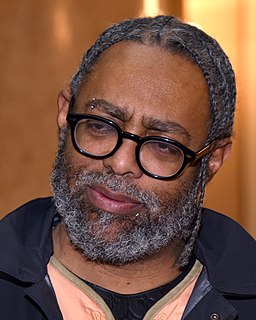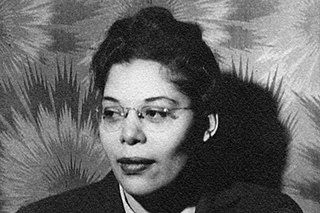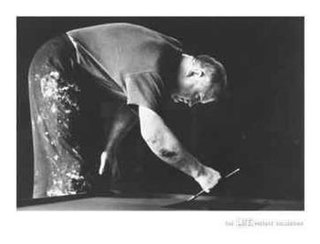A Quote by Arthur Jafa
To me, not every black filmmaker who is making black films is trying to make black cinema.
Related Quotes
We've been fighting our whole lives to say we're just human beings like everyone else. When we start separating ourselves in our work, that doesn't help the cause. I've heard it for years: 'How do you feel being a black filmmaker?' I'm not a black filmmaker, I'm a filmmaker. I'm a black man, I have black children. But I'm just a filmmaker.
Adults who loved and knew me, on many occasions sat me down and told me that I was black. As you could imagine, this had a profound impact on me and soon became my truth. Every friend I had was black; my girlfriends were black. I was seen as black, treated as black, and endured constant overt racism as a young black teenager.
I wanted to make sure the focus [in The Land] was on human beings themselves and their decisions, but still connected to the urban environment that people associate as being black. I think I was able to make a film without commenting on "black this or black that" and you still feel the presence of it. There's no one character who's saying "we're all black and we're all in this struggle." It's that you just feel it. Some of that is because we get the sense from a lot of independent films that black people struggle all the time.
I, however, like black. It is a color that makes me comfortable and the color with which I have the most experience. In the darkest darkness, all is black. In the deepest hole, all is black. In the terror of my Addicted mind, all is black. In the empty periods of my lost memory, all is black. I like black, goddammit, and I am going to give it its due.
Black was bestlooking. ... Ebony was the best wood, the hardest wood; it was black. Virginia ham was the best ham. It was black on the outside. Tuxedos and tail coats were black and they were a man's finest, most expensive clothes. You had to use pepper to make most meats and vegetables fit to eat. The most flavorsome pepper was black. The best caviar was black. The rarest jewels were black: black opals, black pearls.
People don't realize it hurts my feelings when someone looks at my hair or my eyes, and says, 'But you're not actually black. You're black, but you're not black black, because your eyes are green.' I'm like, 'What? No, no, I'm definitely black.' Even some of my closest friends have said that. It's been a bit touchy for me.
The street is as diverse as any other sector, but in peoples' mind it gets appropriated as a black man who's tough. Trying to make it through by staying hard and phallocentric. To me, that is just an impoverished conception of what it is to be a black male. It doesn't do justice to my grandfather, my father, my brother - or just the black men I grew up with.
As a black person on the outside, because there's so much black art and so much of black people's work circulating, so many people imitating what black people do, you would think that there'd be more black people on the business side. It didn't cross my mind that every label head, for the most part, is a white guy.































